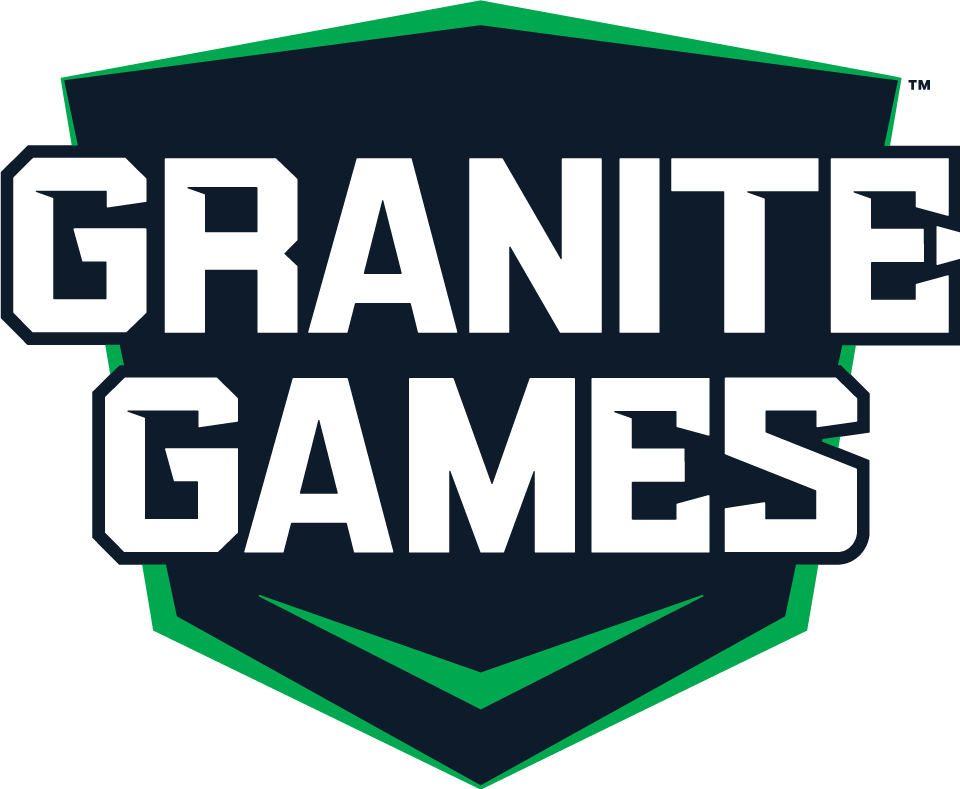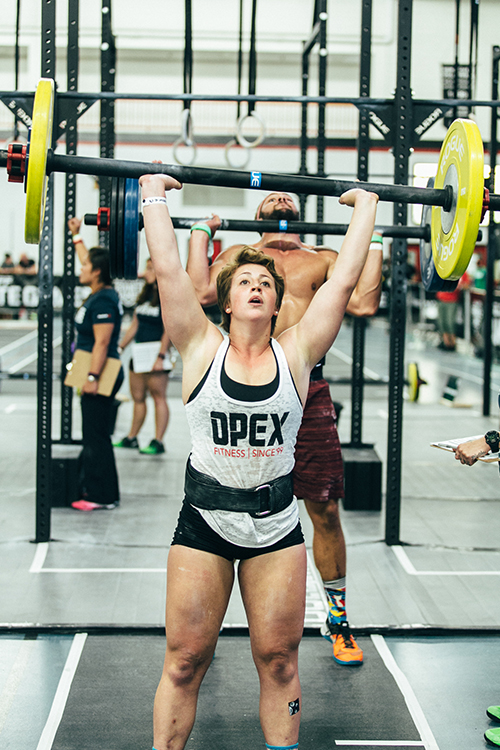Coaches, over the summer months (and quite frankly throughout the year) you will be flooded with messages from clients about the fitness competitions they want to do. Within all that will be the good, the bad and the ugly. You have to be prepared with a framework of evaluating and leading your athletes through the pretenders and contenders in the competition landscape. These three steps below are the thought processes myself and my colleagues utilize when evaluating competitions remotely from OPEX HQ.
1. KNOW YOUR ATHLETE’S BIASES (NOT YOURS)
Competitions can either be amazing springboards for athletes, or they can be a complete waste of their time which hurts their training process for later competitions. Therefore, a lot goes into this first step. Be cynical. Be selective. And ultimately put yourself in the shoes of the event organizers. You, the coach, have to know what is going on for your athlete to be prepared. If you look at some of the competitions out there now, you know which competitions “care” about the athletes and which do not. You want to make sure that you are leading your athlete down a long term road of success so help them navigate away from competitions that will tear them down.
After your athlete brings up a potential competition, ask for an event link whether it be a webpage, or Facebook event page. This lets you see some insights such as:
- What fitness characteristics might be tested?
- Can my athlete safety perform the movements/loads?
- Do they have a proven track record of event hosting?
- Is there an online qualifier?
- How difficult is that online qualifier?
- Do the dates interact with the yearly plan appropriately?
- What is the purpose and mission statement of the competition?
Personally, I care very little, in fact, about how well the athlete might do. This is all about screening and helping your athlete navigate the marketplace of possible events. The opportunity to compete is costly. Be more willing to say no, than willing to say yes. Remember, you are their coach, not their enabler.
2. SET EXPECTATIONS
Clients defining themselves as competitive need to compete two-to-six times annually. The events they compete in ought to strive to culminate in a live event, with judges, no-reps, heat-times, athlete corralling, and the full works of a well-run competition.
For example, the group I primarily work with are Open 100-1000 place finishers in their region. For this population I like to see a couple major ‘big ticket’ events, like the Kill Cliff Granite Games. An event of this scope is one we build a tidal wave of momentum towards. It is the topic we continually discuss and ensure that the training supports. Then, we fill out the remainder of their year with lighter, single or two-day events and possibly even team events. These matter much less, but they still hold value through experience building and fulfillment for the athlete.
After you and your athlete select a competition, the conversation has to be about what the athlete wants to ‘get’ out of the event. This creates tremendous clarity of expectations. You must align reality and dreams here. If your athlete is light years away from finishing in the top 5 but they say that it is their expectation to finish on the podium, it actually isn’t a good thing to just blindly say “Great! Go get em!” Help them understand reality and strive for their next steps in order to maintain their long term progression. It doesn’t remove their long term goals by any means, it simply allows for them to understand what a successful weekend would look like.
As their coach, one of the best retention strategies you can have is successfully guiding your athlete towards their goals! Suffice it to say, if you understand the details of an event and understand the priority (or importance) of the event to your athlete you will have created the macro-level planning of their yearly training.
3. SAVE THE DATE
At OPEX we believe actions ought to reflect priorities and values.
Your athlete might say they want to do the competition ‘just for fun’ or that ‘it doesn’t matter’. In that case, circle the date on their calendar and acknowledge a minor peak towards it. You, the coach, have to stand firm on:
- Not practicing the events in training
- Not obsessing over their performance
Likewise, by saying the competition is of lower priority on their year, the athlete cannot attach to ideas such as:
- Anxiety around the events or other competitors
- How they will be perceived by others
- What this means for their future training (my favorite)
The reality is: Not every event in the year can be, nor should be a championship weekend. You have limited resources to continually cycle in-and-out of competitions. It is higher order practice to select a few of those ‘light weight’ events in a year, continue your normal training priorities, and show up to participate with minimal time invested otherwise.
If, however, your athlete communicates that the event matters a lot, whatever the reason, then make the necessary concessions in the training. These concessions would include:
- Being provided frequent updates on potential events
- Practicing the events and characteristics of them in training
- Peaking and tapering to the event date
- Allowing a recovery period post-competition to deload
Certain events absolutely will become the center of the athlete’s yearly cycle, where most training considerations culminate to that main event. On that path there will be other competitions. These have their merits and values. Take the time to discuss them with your athlete and listen to where they really sit per each of their events. It is only through those conversations that you will be able to elegantly plan their training while also helping them place the proper stress into each of their events so that they continue their ascent to their long term goals.
Those discussions help ensure your athlete’s highest values are continually supported and that support helps build their trust in your as their coach.




